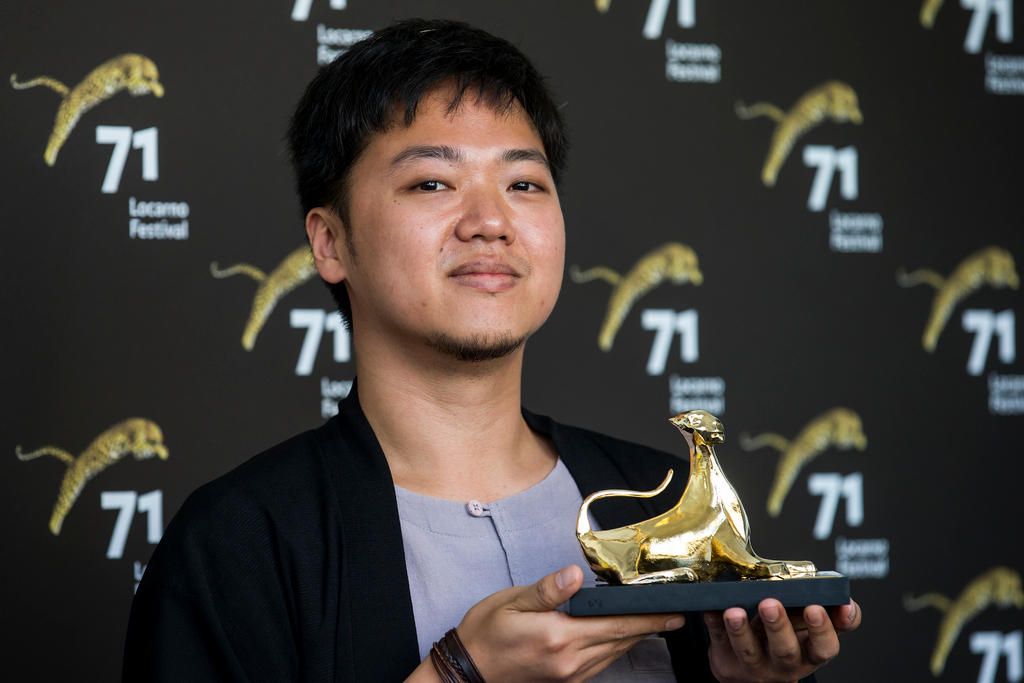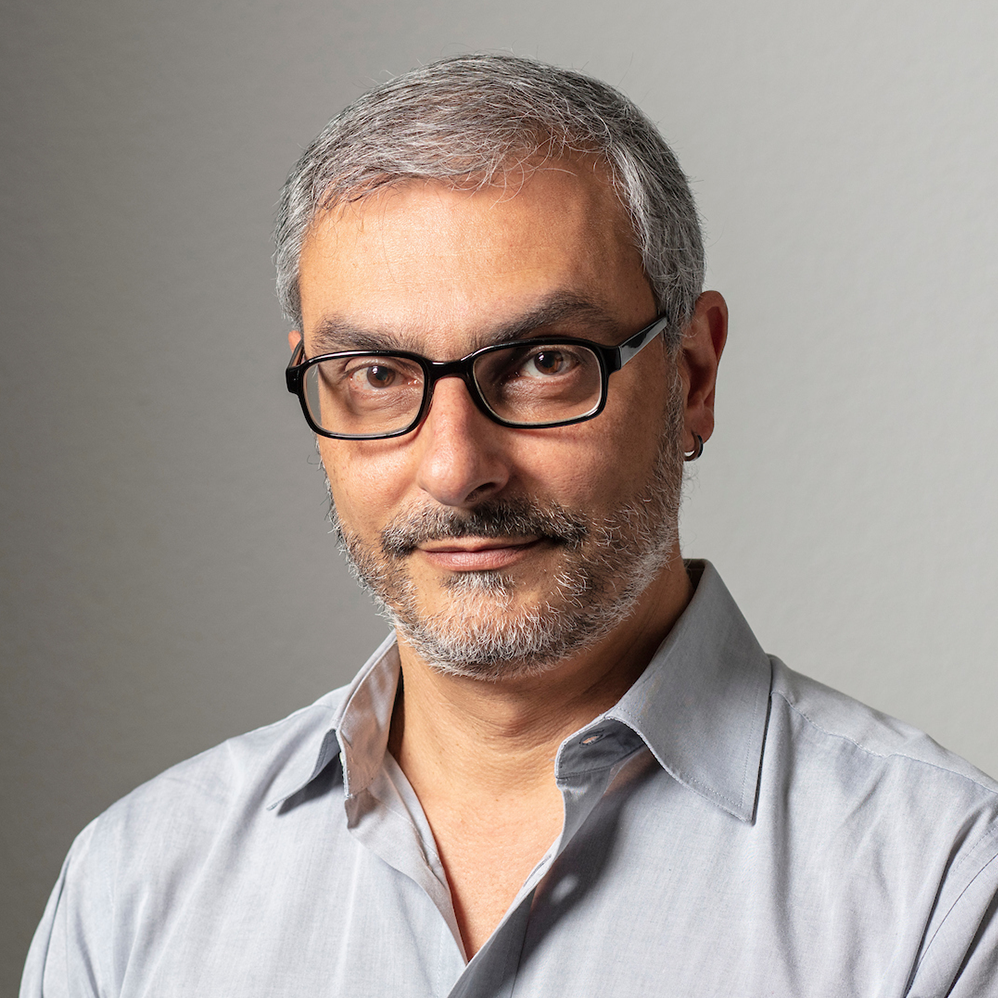
Golden Leopard heads to Singapore

After a marathon of 293 films screened in less than two weeks, the juries of the Locarno Festival have announced the winners of its 71st edition. The film festival’s main prize, the Golden Leopard, was awarded to “A Land Imagined”, by Singaporean director Yeo Siew Hua.
Yeo’s film was critically very well received for its original take on Singapore’s land reclaim project – a controversial development aiming to increase the island-state’s land mass with huge amounts of imported sand. The human dimension is represented by the Chinese and South Asian guest workers, who live in poor conditions not much different from their peers in the Gulf states.
Set as a noir drama led by a detective played by popular television actor Peter Yu, the film shows a Singapore that no foreigner, and very few Singaporeans, have access to. Yeo told swissinfo.ch that many of the land reclaim sites are off-limits to the public – and even more difficult for a film crew to access.
The unseen parts of the island resembled a dystopian scenario not unlike some popular sci-fi graphic novels of the 1980s and 1990s. Yeo admitted that he wanted to make the Singapore of his film look the strangest possible, using only real locations.
Harsh realities
The main competition had other strong contestants, such as the French “M”, which won the jury’s Special Prize. Together with an Israeli film, “Hatzlila” (The Dive), “M” brought to the screen poignant stories that depict uncomfortable undercurrents within Israeli society, breaking the very foundations that made it a nation.
Filmed in Yiddish, “M” addresses the issue of sexual abuse in an ultraorthodox community, while “Hatzlila” depicts the drowning ideals of kibbutz society in a reality marked by constant paranoia and how it affects the core of family relations.
The Argentinian “La Flor” was also a daring choice by festival director Carlo Chatrian for the main competition. A 14-hour work, divided into three parts and nine acts, it challenged the public’s knowledge and love of cinema and provoked intense reactions, both positive and negative, from the critics.
Chilean director Dominga Sotomayor won best director for her first feature, “Tarde para Morir Jóven” (Too Late to Die Young). Starring a young transgender boy as the teenage protagonist, the film is a masterpiece of nuance, understatements and subtle references to recent Chilean history (the Pinochet dictatorship), generation conflicts, sexual tensions and class disparities in the outskirts of Santiago in the mid- to late-1980s.
The Americans
Although LocarnoExternal link is known for being one of the least commercial film festivals in Europe, the public’s choice of best film went to Spike Lee’s “BlacKkKlansman”, based on a true story of an Afro-American undercover police officer who, together with a Jewish colleague, infiltrates a Ku Klux Klan group in the early 1970s. The film, however, is aimed at today’s audiences, taking its cue from the Trump administration’s relationship with democracy.
US cinema was also represented by “Blaze”, Ethan Hawke’s musical biopic of country musician Blaze Foley, that drew applause from public and critics alike. But unlike many of the films screened in Locarno, both these productions will soon be released in Swiss cinemas.

In compliance with the JTI standards
More: SWI swissinfo.ch certified by the Journalism Trust Initiative






























You can find an overview of ongoing debates with our journalists here . Please join us!
If you want to start a conversation about a topic raised in this article or want to report factual errors, email us at english@swissinfo.ch.